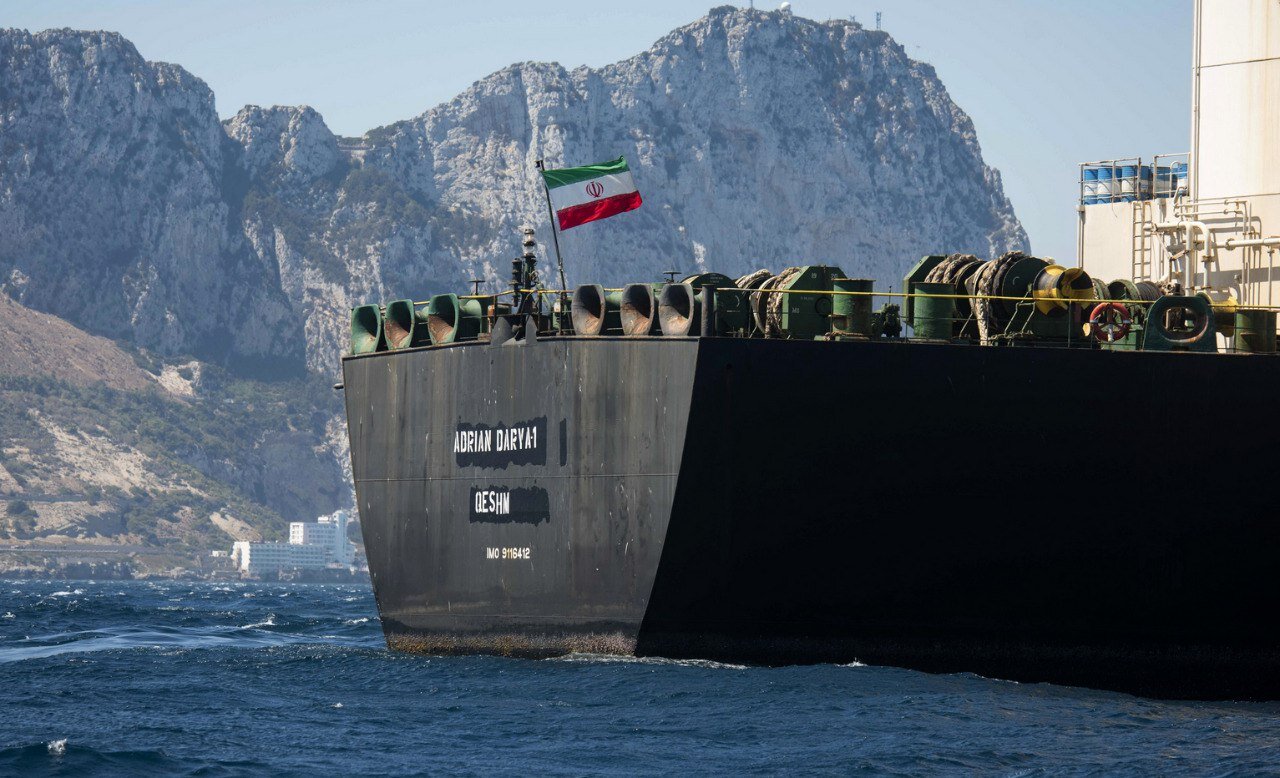Can Trump make China stop buying Iranian oil?
It remains to be seen whether Beijing’s foreign policy is independent enough to resist intensified US pressure

TEHRAN – Donald Trump began his second term as the U.S. President bent on bringing Iran to the negotiating table. But not through respect and practical expressions of good will rather, through renewed economic pressure and occasional threats of military action.
Analysts consider Trump's remarks about "bombing the hell out of Iran" unsustainable bravado. Military action against Iran is deemed too risky and costly for any U.S. administration, citing: the uncertain success of airstrikes against Iran's hardened underground nuclear facilities; the risk of provoking Iran to pursue nuclear weapons; and the potential for devastating retaliatory missile attacks against Israel, U.S. forces, and allied assets.
Trump’s threats about further straddling Iran’s economy, however, appear to hold weight. He is sure to look for ways to harm Iran economically, especially by trying to constrict its most important source of income: its oil revenue.
Treasury Secretary Scott Bessent has said Washington aims to bring Iran’s oil exports to less than 10% of current levels. “We are committed to bringing the Iranians to going back to the 100,000 barrels-a-day of oil exports,” he told Fox Business on Friday. He, however, did not detail how the U.S. plans to do that.
Bessent estimated Iran's current exports at 1.5 to 1.6 million barrels per day. However, semi-official reports suggest a figure closer to 4 million.
The U.S. has two options to prevent Iranian crude sales. One is to seize Iranian oil during maritime transfer.
Joe Biden pursued this strategy in 2023, but Iran retaliated months later by confiscating the same tanker and unloading a comparable amount of crude. Biden never attempted another seizure again, and no company appears willing to purchase the oil he confiscated yet, fearing Iranian reprisals.
Another option is to get Iran's crude oil customers to halt their purchases. While Tehran is believed to sell its oil to several countries, China is by far the biggest and most important buyer.
Trump's success in forcing Iran to ink the deal he wants may largely hinge on his ability to compel China to cease crude oil imports from Tehran, a view widely shared by his advisors, American think tanks, and influential Western media outlets. The consensus is that Washington should pressure Beijing, potentially through tariffs or the Taiwan issue. While some suggest concessions could be effective, this approach is generally inconsistent with Trump's style.
Contrary to these figures and institutions, Hamed Vafayi, a China expert and renowned professor at the University of Tehran, believes the notion that China would significantly decrease its oil purchases from Iran stems from a misunderstanding that sees Washington and Beijing’s foreign policy approaches in the same light. He argues, "Looking at China's foreign policy, we see that Beijing does not allow a third country to influence its bilateral ties." Citing South and North Korea as an example, he explains, "China is the biggest economic partner of both Seoul and Pyongyang, despite the ongoing state of war between them. Iran and Saudi Arabia are also strong examples. Despite their regional rivalry, China is the biggest economic partner to both countries and even brokered a rapprochement between Tehran and Riyadh in 2023," he said, adding that this approach stands in stark contrast to that of Washington, which tends to put countries in distinct blocs.
Renewed threats could still affect Iran's oil sales to China to some extent, as private Chinese companies may be susceptible to intimidation, Vafayi admitted. However, any resulting decline in trade would likely be temporary, as has been the case in the past, according to economic analyst Majid Shakeri.
"Since the so-called maximum pressure campaign began in 2018, there have been two distinct periods when the U.S. attempted to restrict Iran's oil supply to China," Shakeri explained. "In both cases, sales decreased temporarily, but they regained momentum even without Washington easing the pressure." He argued that these efforts have been unsuccessful because the U.S. is trying to block a natural phenomenon: the world's second-largest holder of oil reserves selling crude to the world's largest consumer.
Moreover, China will try to resist U.S. pressure due to the potential political and geopolitical consequences of replacing Iran as an oil supplier. "The substitutes for the approximately 15 percent of China's oil consumption reportedly sourced from Iran are either the U.S., its closely allied and controlled Arab states, or Russia, all of which already sell oil to Beijing," Shakeri stated. "In either case, Beijing is unwilling to risk increased dependence. China prioritizes diversifying its energy sources. Purchasing oil from the American group could allow the U.S. to gain a pressure tool. Furthermore, Beijing also seeks to avoid greater dependence on Russia, given the two superpowers' rivalry in certain areas."
Leave a Comment